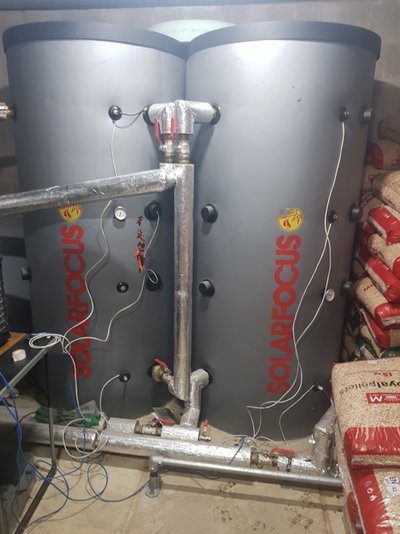daleyd
Member
- Messages
- 10,442
- Location
- Wrexham, North Wales
I don’t know that it does go pear shaped that often? There are always objections, (smell etc) but it’s using stuff that otherwise would take up an enormous volume in landfill and doing something useful with it. I appreciate you were talking about home fires but the general thread was talking about industrial generation.That's a sobering thoughtPoint was he (I) were concerned with home fires. If I read the thing correctly?
As to waste to power...it'sThere are so many issues. Conceptually brilliant. It all makes sense...plastic waste was oil to begin with.....so burn that and not new oil......deal with the emmissions.......recover waste heat and use for heating local communities.....It's a win-win-win situation?
So why does it keep going pear-shaped?
Not forgetting the old landfill tips release a lot of methane so it’s not as if just burying it is making the emissions much better.
I think I’ve mentioned it before but a process boffin I work with at a glass company has been doing a lot of work with getting fuel from plastic waste, using waste heat that they currently generate. They currently pay a lot of money to get rid of the waste and also gain some extra fuel to reduce their (eye watering) bills, so that’s got to be the way to go.
Re the biomass thing - my opinion (for what it’s worth) is that it makes sense to use it for waste wood products but agree that cutting down forests just for this probably isn’t a great idea. But





 but in essence, the fact is that for every GJ of fossil fuel energy, you're going to have to move twice as much bio mass.
but in essence, the fact is that for every GJ of fossil fuel energy, you're going to have to move twice as much bio mass.




